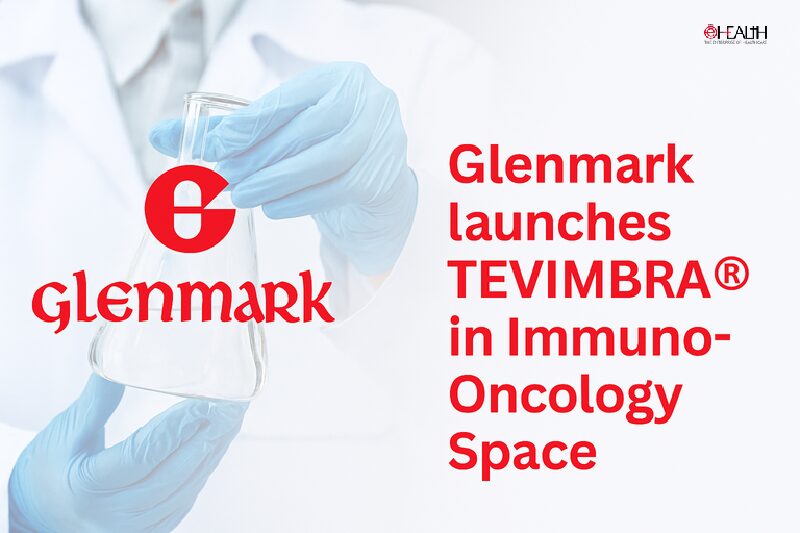
Machine learning, a component of artificial intelligence, could predict death or heart attack with more than 90 per cent accuracy, a study has revealed.
The study presented at The International Conference on Nuclear Cardiology and Cardiac CT (ICNC) 2019.

Machine learning, a basic tenet of artificial intelligence, has huge applications in healthcare sector. It is proving to be a potent tool in medical fields especially in areas of radiology, cardiology, and pathology.

By repeatedly analysing 85 variables in 950 patients with known six-year outcomes, an algorithm ‘learned’ how imaging data interacts. It then identified patterns correlating the variables to death and heart attack with more than 90 per cent accuracy.

Study author, Dr Luis Eduardo Juarez-Orozco of the Turku PET Centre, Finland said, “These advances are far beyond what has been done in medicine, where we need to be cautious about how we evaluate risk and outcomes. We have the data but we are not using it to its full potential yet.”

Through repetition and adjustment, machine learning can exploit large amounts of data and identify complex patterns that may not be evident to humans.
Dr Juarez-Orozco explained, “Humans have a very hard time thinking further than three dimensions (a cube) or four dimensions (a cube through time). The moment we jump into the fifth dimension we are lost. Our study shows that very high dimensional patterns are more useful than single dimensional patterns to predict outcomes in individuals and for that, we need machine learning.”
Also read: AI machines could show prejudice on their own
The study enrolled 950 patients with chest pain who underwent the center’s usual protocol to look for coronary artery disease.
“The algorithm progressively learns from the data and after numerous rounds of analyses, it figures out the high dimensional patterns that should be used to efficiently identify patients who have the event. The result is a score of individual risk,” said Dr Juarez-Orozco.
“Doctors already collect a lot of information about patients. We found that machine learning can integrate these data and accurately predict individual risk. This should allow us to personalize treatment and ultimately lead to better outcomes for patients,” added Dr Juarez-Orozco.
Be a part of Elets Collaborative Initiatives. Join Us for Upcoming Events and explore business opportunities. Like us on Facebook , connect with us on LinkedIn and follow us on Twitter , Instagram.
"Exciting news! Elets technomedia is now on WhatsApp Channels Subscribe today by clicking the link and stay updated with the latest insights!" Click here!
















